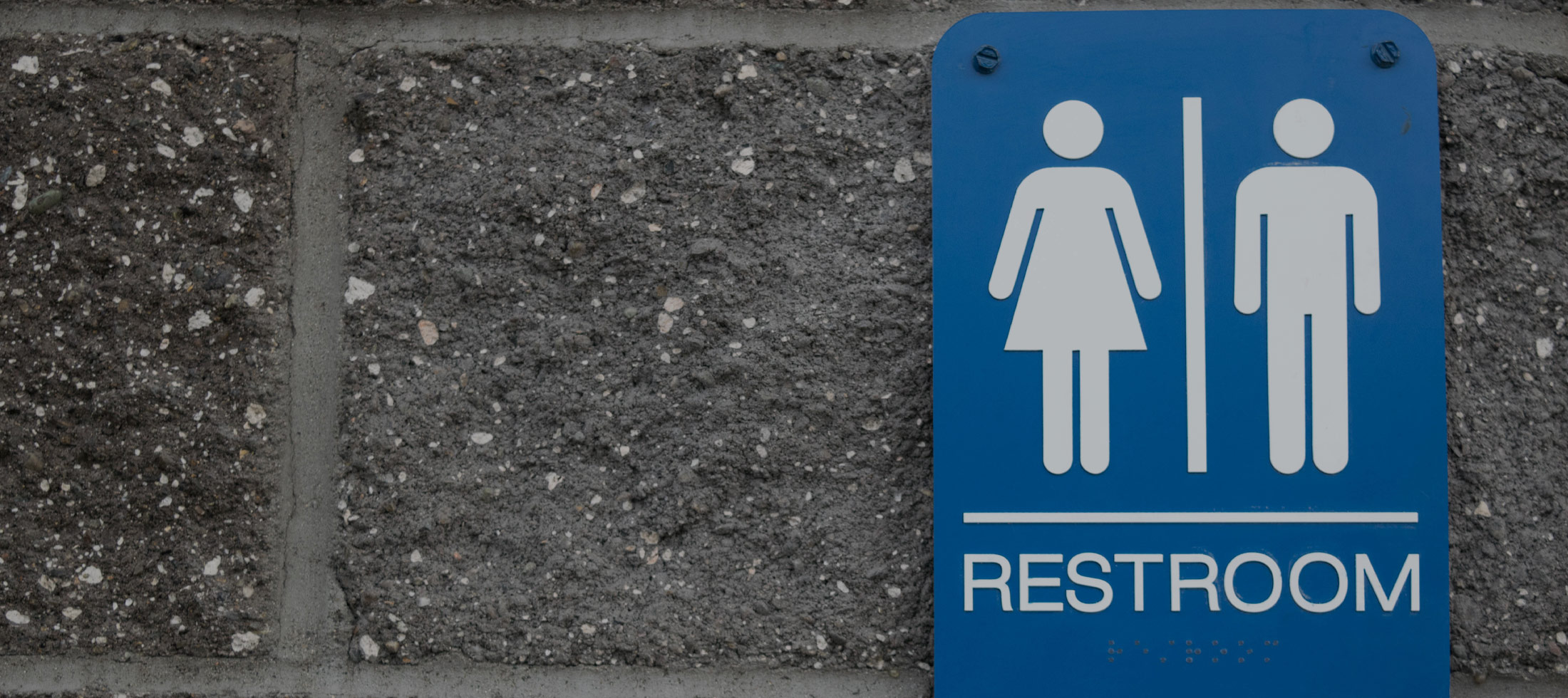Over the last five years, the U.S. Department of Education, Office of Civil Rights (“OCR”) has issued multiple guidance documents addressing whether Title IX applies to claims of discrimination based on gender identity or sexual orientation. OCR’s back and forth on this issue began in 2016, when OCR under the Obama administration issued a Dear Colleague letter determining Title IX prohibited discrimination based on a student’s gender identity, including a student’s transgender status. As discussed below, OCR took the opposite view during the Trump administration. Recently, OCR under the Biden administration issued guidance returning to a position consistent with the 2016 Dear Colleague letter.
OCR under the Trump administration first addressed the issue in 2017, when it rescinded the 2016 Dear Colleague letter. On January 8, 2021, the Trump administration reiterated its position in a Memorandum for Kimberly M. Richey Acting Assistant Secretary of the Office of Civil Rights, addressing questions about how OCR should interpret Bostock v. Clayton County, a U.S. Supreme Court decision finding that firing an employee merely for being gay or transgender violated Title VII. The Trump administration advised OCR that the Bostock decision did not apply because OCR enforces Title IX, not Title VII.
OCR under the Biden administration has returned to the Obama-era perspective. In that regard, one of the Biden administration’s first acts was to issue an Executive Order on Preventing and Combating Discrimination on the Basis of Gender Identity or Sexual Orientation (“Executive Order”). The Executive Order documented the Biden administration’s belief that “[a]ll persons should receive equal treatment under the law, no matter their gender identity or sexual orientation.” The Biden administration ordered each federal agency to consider whether to revise, suspend, or rescind agency actions, or promulgate new agency actions, to implement the policy set forth in the Executive Order. In accordance with this Executive Order, OCR recently issued a Federal Register Notice of Interpretation: Enforcement of Title IX of the Education Amendments with Respect to Discrimination Based on Sexual Orientation and Gender Identity in Light of Bostock v. Clayton County (“Enforcement Guidance”) providing public notice that OCR has determined Title IX’s prohibition on discrimination “on the basis of sex” encompasses discrimination on the basis of sexual orientation and gender identity.
So what does this Enforcement Guidance mean for school districts? During the Trump administration, claims of discrimination based on sexual orientation or gender identity primarily were litigated through the federal courts. In its most recent Enforcement Guidance, OCR has made it clear that it will enforce its current interpretation that Title IX prohibits discrimination based on sexual orientation and gender identity in education programs and activities that receive federal financial assistance. As such, public school districts may now see OCR again investigating complaints of discrimination on the basis of sexual orientation or gender identity. In that regard, on June 23, 2021, OCR and the U.S. Department of Justice, Civil Rights Division, issued a fact sheet, Confronting Anti-LGBTQ+ Harassment in Schools A Resource for Student and Families, which includes examples of the kinds of incidents OCR can investigate. As school districts prepare for the 2021-2022 school year, they may want to review their policies and procedures for LGBTQ students to ensure they are consistent with OCR’s current guidance.
Additionally, on June 23, 2021, OCR issued a Letter to Educators on Title IX’s 49th Anniversary, which indicates OCR anticipates issuing a notice of proposed rulemaking to amend the Title IX regulations. OCR also plans to issue a question-and-answer document to provide further clarity about how OCR interprets schools’ existing obligations under the 2020 amendments, including the areas in which schools have discretion in their procedures for responding to reports of sexual harassment. Accordingly, school districts can expect to receive more guidance documents going forward, as well as potential amendments to the Title IX regulations that went into effect on August 14, 2020. Pepple & Waggoner will continue to provide updates as OCR releases its guidance documents and will be reviewing school district obligations under Title IX during its annual School Law Update Seminar.

Jacqueline Walsh Brickman may be reached at jbrickman@pepple-waggoner.com.
Follow on Twitter @JWBrickmanPW
